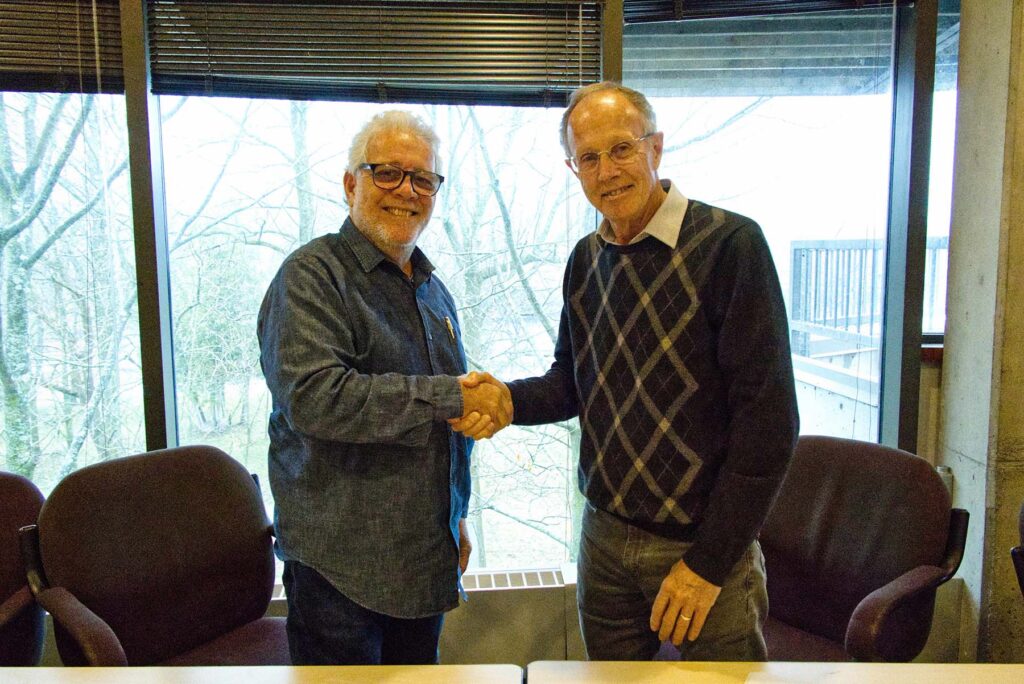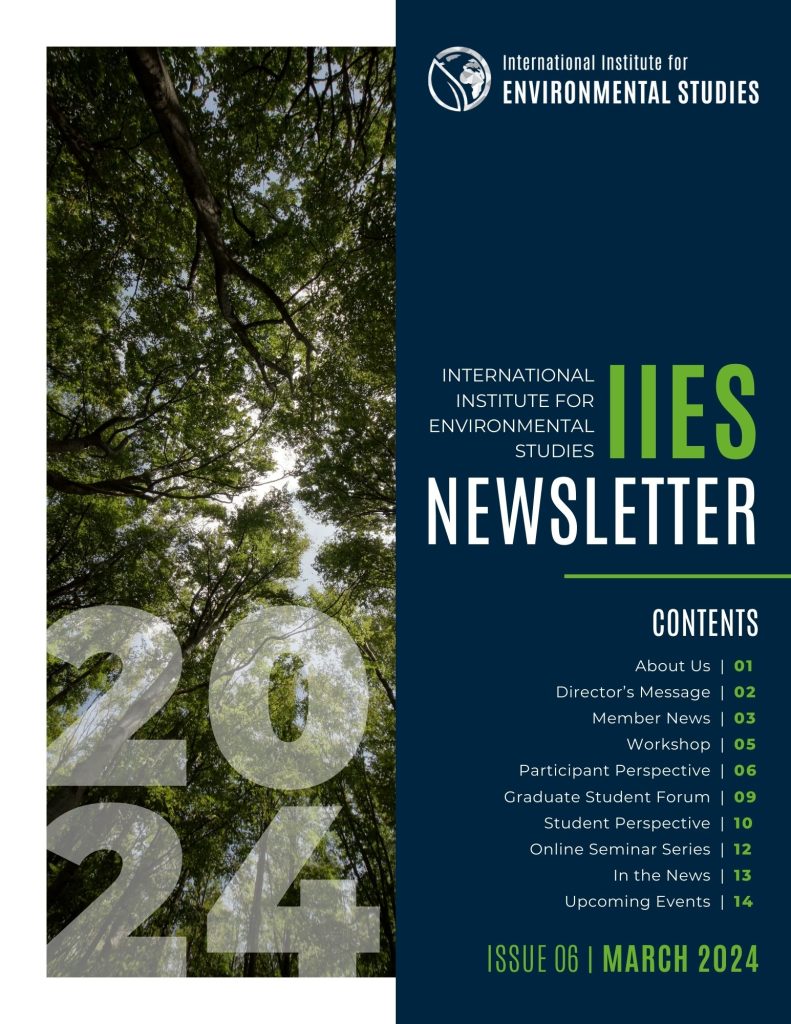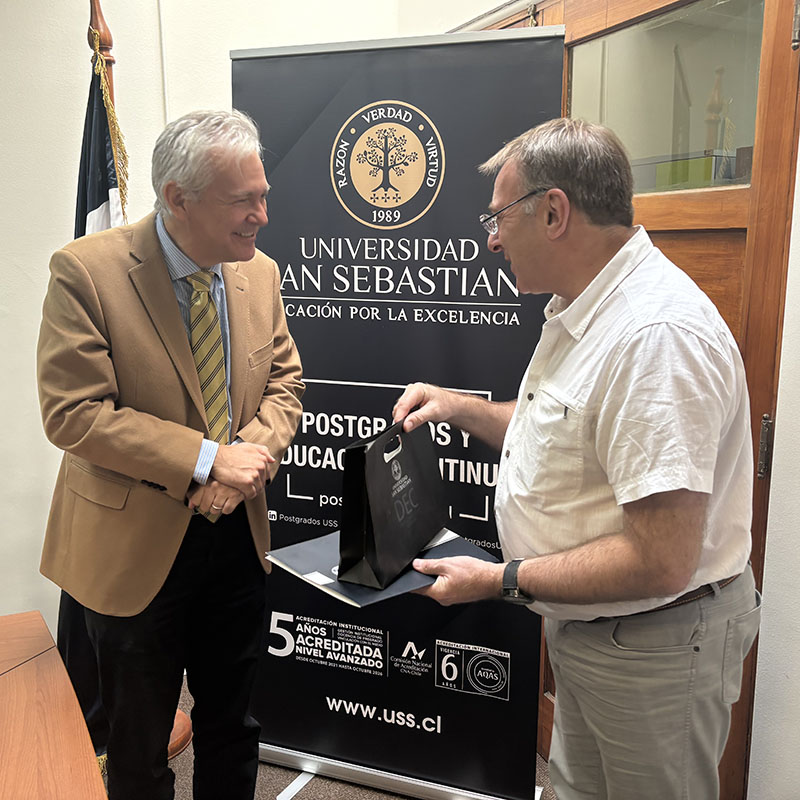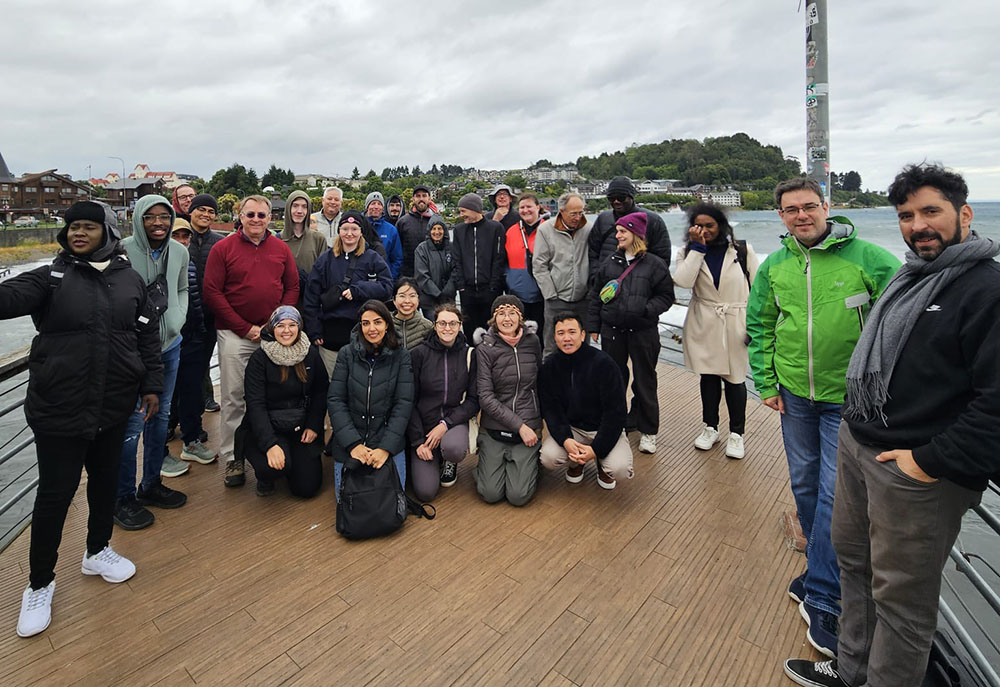Professor Huy Dang (Trent University), Professor Margaret Graham (University of Edinburgh), and Professor Quang Khai Ha (Ho Chi Minh University of Technology) co-edited a special issue on “Emerging and Legacy Pollutants in Vietnam Related to the Climate–Water–Energy–Food Nexus”.
In the context of achieving the SDGs, countries with fast-growing economies play a pivotal role, given their significant reserves of natural resources, growing populations, active labor forces, major manufacturing and recycling centers and, in many cases, unique geopolitical positioning to facilitate efficient shipping and receiving of raw and processed goods. All of these factors contribute to significant production from these economies of a wide variety of commodities and high-technology products to the global market. Nevertheless, the subsequent threats to the environment and human health are substantial and require extensive efforts to ensure sustainable socio-economic development, including regulations to secure responsible production practices.
Unsustainable uses of natural resources, including wasteful consumption and production practices, are primarily responsible for three major global environmental crises: climate change, biodiversity loss and environmental pollution. For example, the mission of United Nations’ Sustainable Development Goal (SDG) 12 is to “ensure sustainable production and consumption patterns” by 2030. However, the capacity to achieve SDG 12 and other SDGs relies on addressing the complex linkages between natural resource management, environmental impact assessment and regulation, technological changes and socio-economic development. The “climate–water–energy–food” nexus is a central concept for understanding the complex interactions between the abiotic (atmosphere, water, soils, sediments) and biotic (plants, animals) components of the environment together with human influences (industrial, economic, geopolitical, psychosocial, demographic factors) upon these. The special issuesconsidered articles that address topics relevant to SDG 2 (Zero Hunger), SDG 6 (Clean Water), SDG 7 (Energy), SDG 11 (Sustainable Cities), SDG 12 (Responsible Consumption), SDG 13 (Climate), SDG 14 (Life Below Water) and SDG 15 (Life on Land).
The articles in this special issue originated from presentations or stemmed from discussions at the joint 7th Annual IIES Science and Policy Workshop and International Conference on Environment, Earth Science and Sustainability (ICES) on “Integrated multidisciplinary sciences towards sustainable development” held in October 2022. This initiative was organized by the IIES, Trent University and Ho Chi Minh City University of Technology (HCMUT), in conjunction with the signing ceremony of the IIES membership of HCMUT and the MoU between Trent University and HCMUT.
Editorial: Dang, D.H., Graham, M.C. & Ha, Q.K. Emerging and Legacy Pollutants in Vietnam Related to the Climate–Water–Energy–Food Nexus. Arch Environ Contam Toxicol 85, 209–211 (2023). https://doi.org/10.1007/s00244-023-01030-0
For the full issue, visit the link below.








